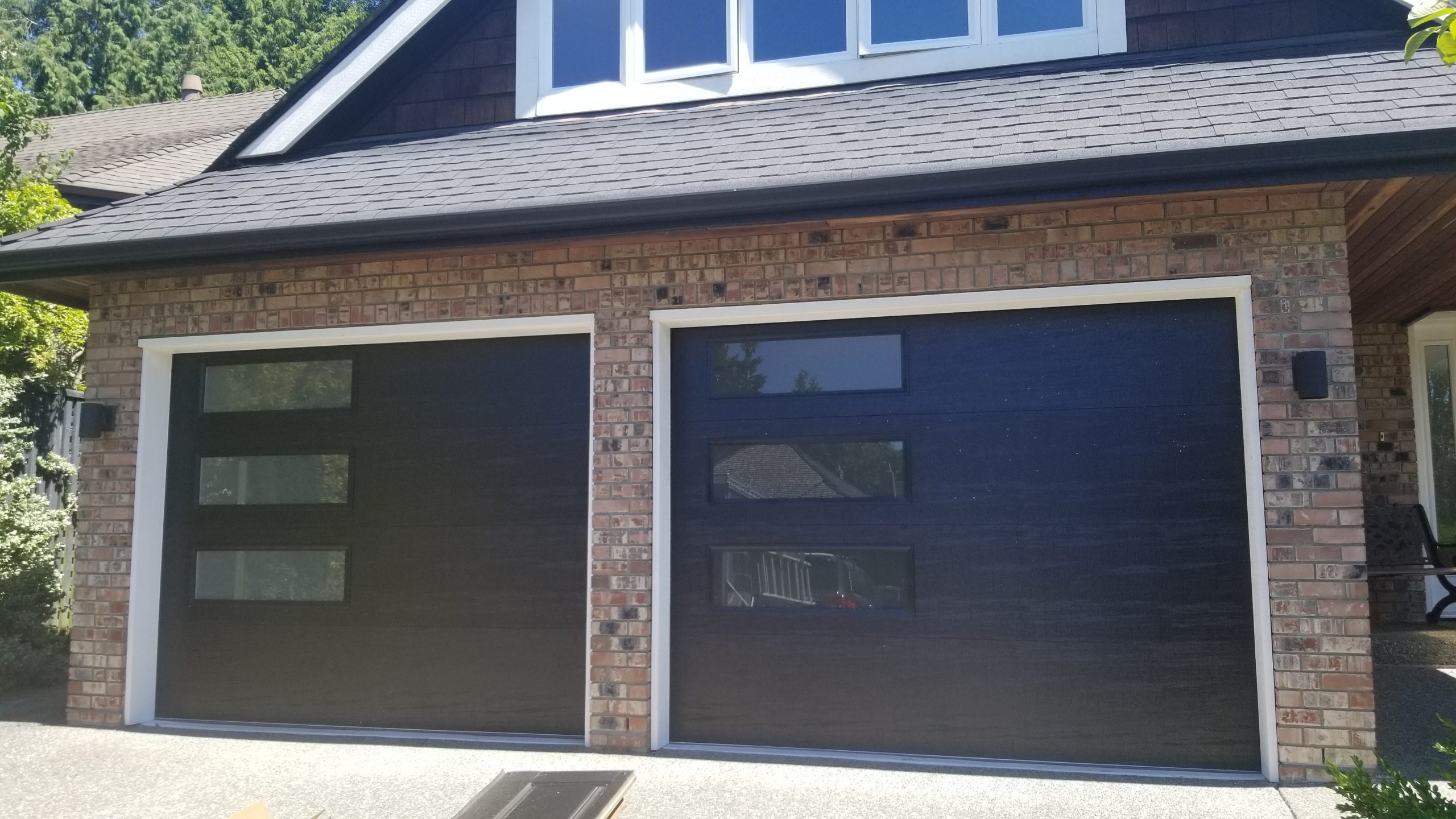Maintaining your garage door is essential for ensuring smooth operation, reducing noise, and extending its lifespan. One of the key aspects of garage door maintenance is proper lubrication. This blog will explore the best lubricants for garage doors and provide a comprehensive guide on how to apply them effectively.
Types of Garage Door Lubricants
Silicone-Based Lubricants
Benefits of silicone lubricants for garage doors: Silicone-based lubricants are highly effective for garage doors due to their ability to withstand extreme temperatures and resist water. They provide a long-lasting, protective coating that reduces friction and prevents rust and corrosion.
Best applications for silicone-based products: Silicone lubricants are ideal for metal, plastic, and rubber parts of garage doors. They work well on tracks, rollers, hinges, and weatherstripping, ensuring smooth movement and noise reduction.
Top recommended brands:
- 3-IN-ONE Professional Garage Door Lubricant: Known for its quick-drying and no-mess formula.
- Blaster Garage Door Lubricant: Offers superior protection against rust and corrosion.
- WD-40 Specialist Silicone Spray: Provides excellent lubrication and protection without attracting dirt and dust.
Lithium Grease
Advantages of using lithium grease: Lithium grease is thicker than silicone lubricants, making it perfect for heavier-duty applications. It adheres well to metal surfaces, providing excellent lubrication and protection against wear and tear.
Ideal components for lithium grease application: Lithium grease is best suited for the moving metal parts of the garage door, such as springs, hinges, and tracks. Its thick consistency ensures it stays in place, even in high-use areas.
Popular lithium grease products:
- Lucas Oil White Lithium Grease: Known for its durability and resistance to high pressure.
- Permatex White Lithium Grease: Offers long-lasting lubrication and protection against rust.
- CRC White Lithium Grease: Ideal for both household and industrial use.
WD-40 and Other Multi-Use Products
Versatility of WD-40 for garage doors: WD-40 is a popular multi-use product known for its ability to lubricate, penetrate, and protect. It’s handy for quick fixes and general maintenance.
Specific uses and limitations: While WD-40 can provide temporary lubrication and rust protection, it’s not as long-lasting as silicone or lithium grease. It’s best used for hinges, rollers, and other small moving parts but should not be relied upon for long-term lubrication.
Alternatives to WD-40 for garage door maintenance:
- PB Blaster Garage Door Lubricant: Designed specifically for garage doors, offering better protection and lubrication.
- 3-IN-ONE Garage Door Lubricant: Provides long-lasting lubrication with a targeted spray.
How to Apply Lubricant Properly
Preparing Your Garage Door
Cleaning the door and components before lubrication: Before applying any lubricant, it’s crucial to clean the garage door and its components to remove dirt and debris that can interfere with the lubricant’s effectiveness.
Tools and materials needed:
- Soft cloths or rags
- Mild detergent
- Water
- Lubricant (silicone spray, lithium grease, etc.)
Safety precautions to take:
- Disconnect the garage door opener to prevent accidental operation.
- Wear gloves and safety goggles to protect your hands and eyes.
Step-by-Step Lubrication Guide
Detailed steps for applying lubricant to springs, rollers, and tracks:
- Clean the tracks: Use a damp cloth to wipe down the tracks, removing dirt and debris.
- Apply lubricant to the tracks: Spray a small amount of lubricant along the length of the tracks.
- Lubricate the rollers: Apply lubricant to the ball bearings of the rollers, avoiding plastic parts.
- Lubricate the hinges and springs: Apply lubricant to all moving hinges and springs to ensure smooth operation.
How much lubricant to use: Apply a small amount of lubricant to each component, ensuring even coverage without over-application.
Ensuring even coverage and preventing over-application: Use a clean cloth to wipe away any excess lubricant, ensuring it doesn’t drip or accumulate dust and debris.
Maintenance Schedule
How often to lubricate your garage door: Lubricate your garage door every six months or more frequently if you notice increased noise or resistance.
Seasonal considerations for lubrication: Increase lubrication frequency during extreme weather conditions to prevent rust and ensure smooth operation.
Keeping a maintenance log: Maintain a log of all maintenance activities, including lubrication, to track the condition of your garage door and ensure timely upkeep.
Benefits of Regular Lubrication
Extending the Lifespan of Your Garage Door
How lubrication prevents wear and tear: Regular lubrication reduces friction between moving parts, preventing wear and tear and extending the lifespan of your garage door components.
Impact on the longevity of garage door components: Proper lubrication ensures all parts operate smoothly, reducing the risk of breakdowns and costly repairs.
Case studies or examples of improved lifespan: Many homeowners report significantly longer lifespans for their garage doors with consistent lubrication, avoiding the need for frequent replacements.
Smoother and Quieter Operation
Reducing noise with proper lubrication: Lubrication minimizes the noise produced by moving parts, resulting in quieter operation of your garage door.
Enhancing the overall performance of the door: A well-lubricated garage door operates more efficiently, reducing strain on the opener and other components.
User testimonials on the benefits of regular lubrication: Users often highlight the smoother, quieter performance and reduced maintenance issues with regular lubrication.
Preventing Rust and Corrosion
Protective qualities of lubricants: Lubricants create a protective barrier against moisture, preventing rust and corrosion on metal parts.
Long-term benefits of preventing rust: Preventing rust extends the lifespan of your garage door and maintains its aesthetic appeal.
Best practices for ongoing rust prevention: Regularly inspect and lubricate all metal parts, especially in humid or coastal areas, to prevent rust formation.
By choosing the right lubricant and applying it properly, you can ensure your garage door operates smoothly, quietly, and efficiently for years to come. Regular lubrication not only enhances performance but also extends the lifespan of your garage door, providing long-term benefits and peace of mind.




